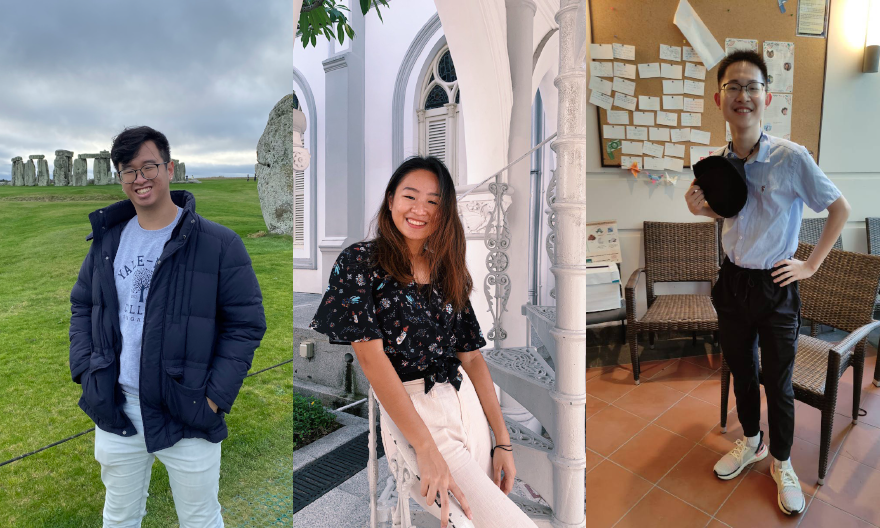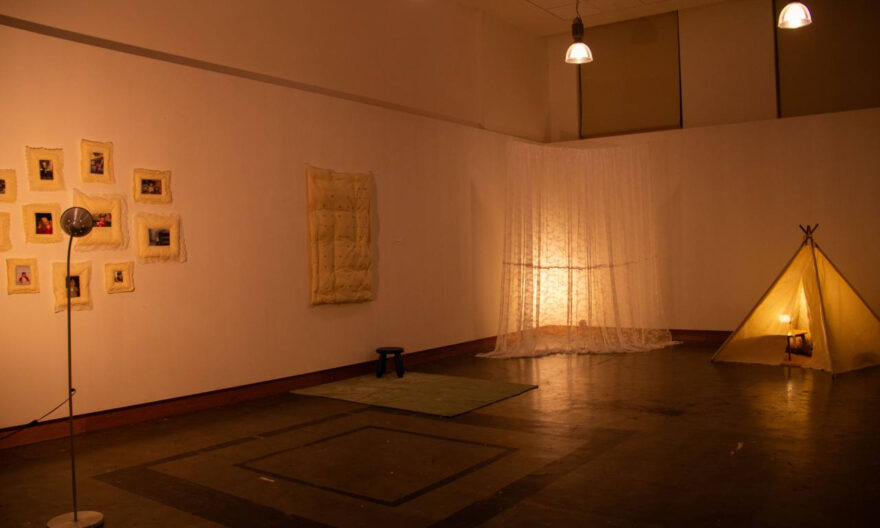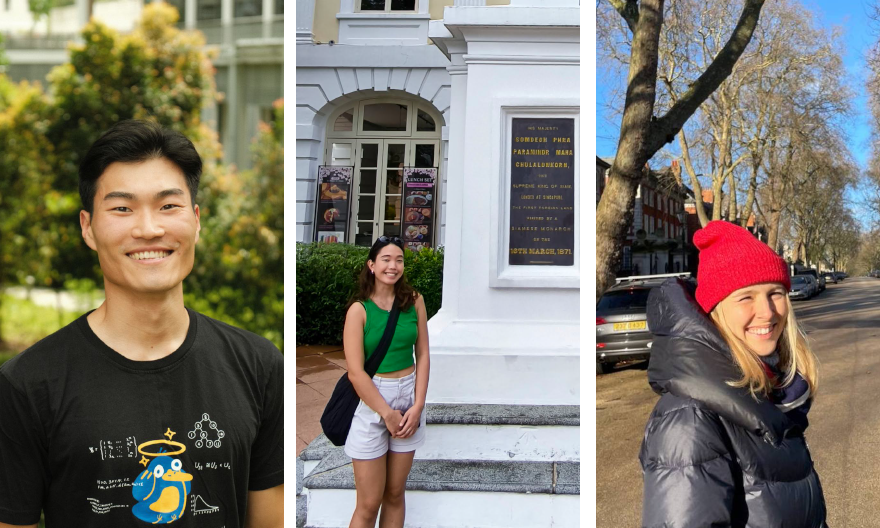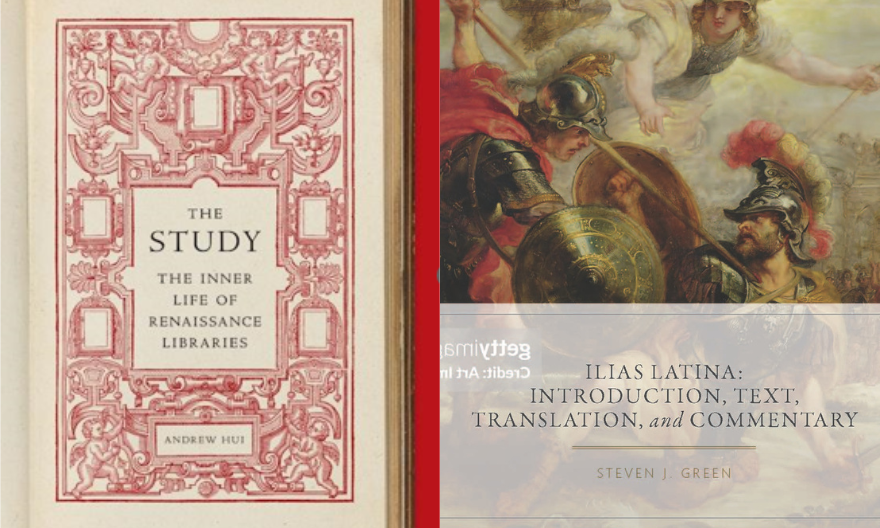Yale-NUS students start their course in the new Innovation and Design minor
Interdisciplinary education in action
 Yale-NUS students Charles Loy, Nicole Lim and Cao Yuan (L to R) share their experiences in the Innovation and Design minor programme. Photos contributed by the interviewees.
Yale-NUS students Charles Loy, Nicole Lim and Cao Yuan (L to R) share their experiences in the Innovation and Design minor programme. Photos contributed by the interviewees.
Since its launch in July 2021, the Yale-NUS minor in Innovation and Design has thoroughly captivated its first batch of students.
The special collaboration between Yale-NUS College and the National University of Singapore’s (NUS) Innovation and Design Programme (iDP) – offered by the Engineering Design & Innovation Centre (EDIC) of the Faculty of Engineering – lets Yale-NUS students learn and apply design thinking principles and engineering to solve practical problems.
For Charles Loy (Class of 2024), an interest in product management that makes a difference in the lives of others pushed him to take on the challenge of the Innovation and Design minor. Charles, who is an Urban Studies major, felt that the liberal arts cum engineering cross-disciplinary thinking is a complementary one.
“Our liberal arts background gives us a breadth of understanding across a variety of disciplines, which enables a comprehensive understanding of what people need and respond to. The minor complements this by testing our understanding of people, by building towards their needs. I think this interdisciplinary challenge is going to be a tremendous task, but will no doubt be a useful, lifelong skill,” he said.
During the first semester of the programme, students embarked on the initial stages of a 12 modular credit (MC) project, as well as a five MC collaborative design module. These enable students to take their experiential learning to the next level by tackling projects related to healthcare, mobility, sustainability and more at the small group level.
Charles is taking the challenge head-on in a virtual-reality (VR) project. Through the programme, he had the opportunity to learn to use cutting edge devices in the VR Laboratory. “I work on capturing realistic scenes, so prototyping different camera technologies with my friends was a great trial and error experience. There’s a real sense of discovery as we try to figure out what is the best possible solution,” he elaborated.
For Economics major Nicole Lim (Class of 2024), the iDP is a natural extension of her previous experiences with design thinking. “During my gap year, I worked with an in-house design team in Changi Airport Group to help redesign key touch points within the airport through a human-centred lens. The experience was intriguing and enriching, and it sparked my desire to delve deeper into how design thinking can be applied to a more extensive range of complex problems today. When this programme was offered to Yale-NUS students as a minor, I was excited to be able to continue developing myself as a practitioner of design thinking, and challenge myself in developing skillsets within the engineering discipline,” she said.
During the year, Nicole and her team have been working on a design project – a VR simulator for childbirth delivery methods – in partnership with the NUS Yong Loo Lin School of Medicine. Nicole explained, “This system will be integrated into the Medicine curriculum to enable Year 4 medical students to learn the relevant procedures to deliver a baby. Our project will help to solve the problem of insufficient and irregular opportunities for students to sit-in for live deliveries, much less practise delivering the baby themselves.”
In Cao Yuan’s (Class of 2024) experience, taking on the minor has been borne out of his interest in robotics. The Physics major also found the hands-on work with projects helped to complement his technical engineering and theory-based educational exposure. Yet despite this technical focus, Cao Yuan still found the minor to be “sort of liberal arts-ish.”
“If you are designing a solution, you need to have a broad variety of skills and knowledge. Teamwork is essential, and this is also a very creative process. I have found these projects to be at the crossroads between abstract knowledge and practical skill, or even both,” he remarked.
Even with his background, Cao Yuan does not consider the minor to be lightweight. It takes not just the technical skill but also the passion to see these year-long projects through. “There will be things you don’t understand if you do not have a serious engineering background, but that is fine. You will learn during the process. Keep calm, ask your team mates and advisors for help and you will be able to do it,” he advised.
For all three students, they are looking forward to what they can learn and create in the coming semesters.
“3D printer, laser cutters, CNC machines, solders…anything you can put down as a graph, we can make it. The first time you see your design work come to fruition is always the most satisfying moment,” said Cao Yuan.




